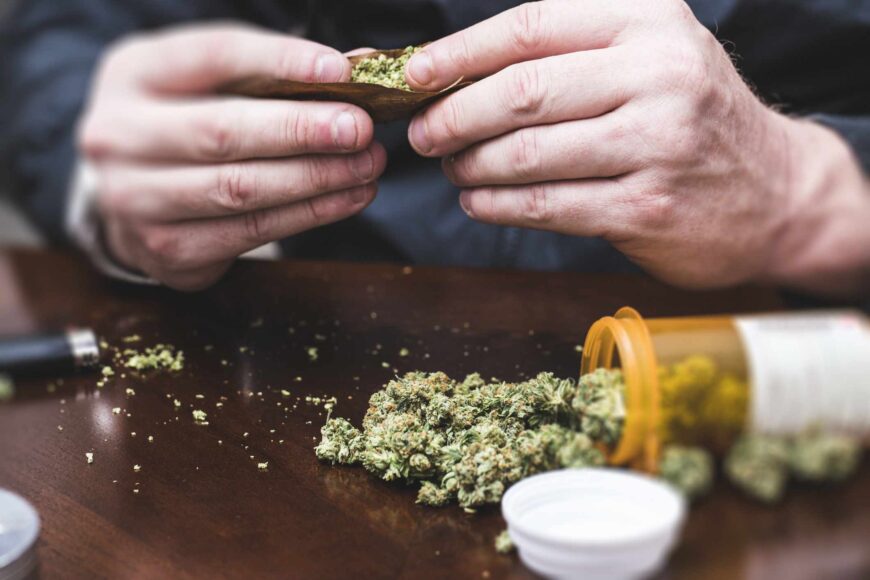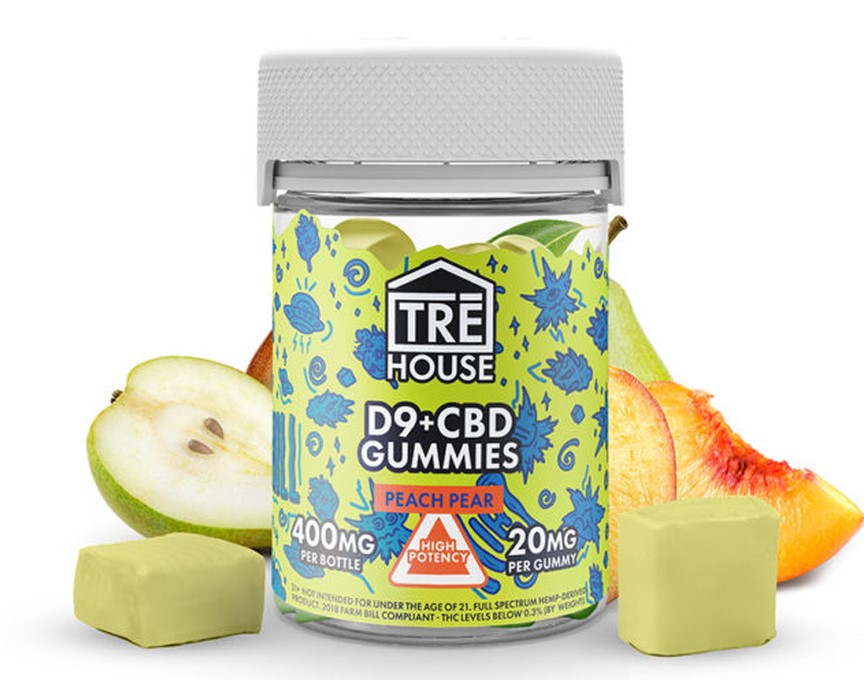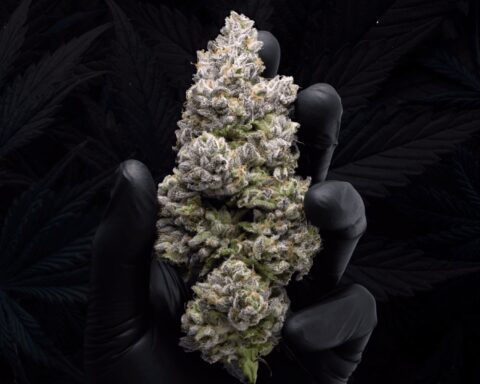Delta 9, scientifically known as Delta-9-tetrahydrocannabinol or THC, stands out as the primary psychoactive component in cannabis. This compound is what primarily contributes to the ‘high’ sensation associated with cannabis use. When consumed, Delta 9 interacts with the body’s endocannabinoid system, which plays a pivotal role in regulating mood, memory, appetite, and pain sensation. This interaction can result in a range of effects, both psychological and physical, varying greatly from person to person based on factors such as body chemistry, the potency of the cannabis strain, and the method of consumption. Understanding the multifaceted effects of Delta 9 is essential for both experienced users and those considering its use for the first time.
Psychological Effects of Delta 9

The psychological impacts of Delta 9 are diverse and can significantly vary among individuals. Commonly, users experience a sense of euphoria, an uplifted mood, and often a unique alteration in their sensory perceptions, making colors seem brighter and sounds more distinct. Alongside these effects, there’s often a noticeable increase in creativity and a free flow of ideas, making it popular among artists and thinkers. However, not all effects are positive; in some cases, Delta 9 can induce anxiety, paranoia, and disordered thinking, particularly in high doses or in individuals with certain sensitivities. The type and strain of cannabis also play a crucial role in determining the psychological outcome, with some strains inducing more relaxation while others might promote alertness and energy.
Physical Sensations
On the physical front, Delta 9’s effects are as pronounced as its psychological impacts. Users often report a noticeable increase in heart rate, dryness of mouth, and reddening of eyes shortly after consumption. One of the most talked-about physical sensations is the feeling of deep relaxation, sometimes leading to what is colloquially known as being “couch-locked,” where the individual feels extremely relaxed or heavy, disinclined to move. Additionally, Delta 9 can heighten physical sensations, making activities like eating, listening to music, or tactile experiences more intense and enjoyable. For some, these physical effects offer therapeutic relief, such as in cases of chronic pain, where the analgesic properties of TRĒ House Delta 9 THC can provide significant comfort.
Impact on Cognitive Functions

Delta 9 has a notable influence on cognitive functions. It can alter perception, impair short-term memory, and affect the ability to concentrate or perform tasks requiring coordination. These effects are usually temporary but can be disconcerting, especially for new users or those who consume high doses. The cognitive changes can include an altered sense of time, difficulty in focusing, and sometimes a short-term memory lapse. While some find these changes enjoyable or creatively stimulating, they can pose challenges in everyday activities, particularly those requiring attention to detail or quick decision-making.
Emotional Responses
Emotionally, Delta 9 can act as a double-edged sword. For many, it brings about a sense of calm, happiness, and even a state of bliss or laughter. This aspect of Delta 9 is often sought after for stress relief or as a mood enhancer. However, it can also trigger negative emotions in some individuals, such as feelings of anxiety, paranoia, or even sadness. These emotional responses are highly subjective and can depend on the individual’s environment, mental state before consumption, and personal chemistry with the substance.
Social Interaction Effects
Delta 9 can significantly impact social interactions. Some users report feeling more sociable, talkative, and empathetic, which can enhance social experiences. It can break down social inhibitions, making interactions seem more engaging and meaningful. On the flip side, it might cause some to become more withdrawn, introspective, or socially anxious. The impact on social interactions is highly individualistic and can vary from one situation to another.
Influence on Appetite
One well-known effect of Delta 9 is its ability to stimulate appetite, commonly referred to as “the munchies.” This effect is due to THC’s interaction with the brain areas responsible for hunger regulation. It can make food seem more appealing, both in terms of taste and smell, leading to increased food consumption. This aspect of Delta 9 is sometimes used therapeutically to help those with appetite loss due to medical conditions like cancer or HIV/AIDS.
Therapeutic Benefits
Beyond recreational use, Delta 9 has significant therapeutic potential. It is used in medical contexts to alleviate symptoms of various conditions such as chronic pain, glaucoma, and nausea associated with chemotherapy. For individuals with these conditions, Delta 9 can offer relief where traditional medications fall short. It’s important to note that medical use should always be guided by a healthcare professional to ensure safety and efficacy.
Impact on Sleep

Delta 9 can also affect sleep patterns. Many users find that it helps them fall asleep faster and increases the duration of deep sleep. This sedative effect is particularly beneficial for individuals suffering from insomnia or sleep disturbances. However, it’s worth noting that the impact on sleep can vary, and some might experience disrupted sleep cycles or less restful sleep, especially with prolonged use.
Duration of Effects
The duration of Delta 9’s effects depends on several factors, including the method of consumption, the dose, and the user’s tolerance. Inhaled cannabis typically results in immediate effects that can last for a few hours, while edibles have a delayed onset but can last much longer. Understanding these dynamics is crucial for managing the experience and avoiding overconsumption.
Legal and Safety Considerations
It’s essential to consider the legal and safety aspects of Delta 9 use. The legality of cannabis varies widely by region, and it’s important to be aware of local laws. Additionally, while Delta 9 is generally considered safe, it’s not without risks, especially when used in high doses or combined with other substances. Responsible use and awareness of personal tolerance levels are key to minimizing potential negative consequences.
Conclusion
Delta 9 offers a complex array of effects, impacting users psychologically, physically, and emotionally. While many enjoy its benefits for relaxation, creativity, and therapeutic purposes, it’s crucial to approach its use with awareness and caution. Understanding how Delta 9 makes you feel and respecting its potential is the first step towards a safe and enjoyable experience.









